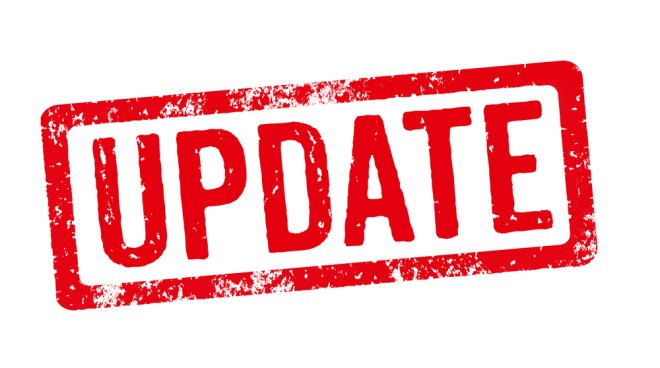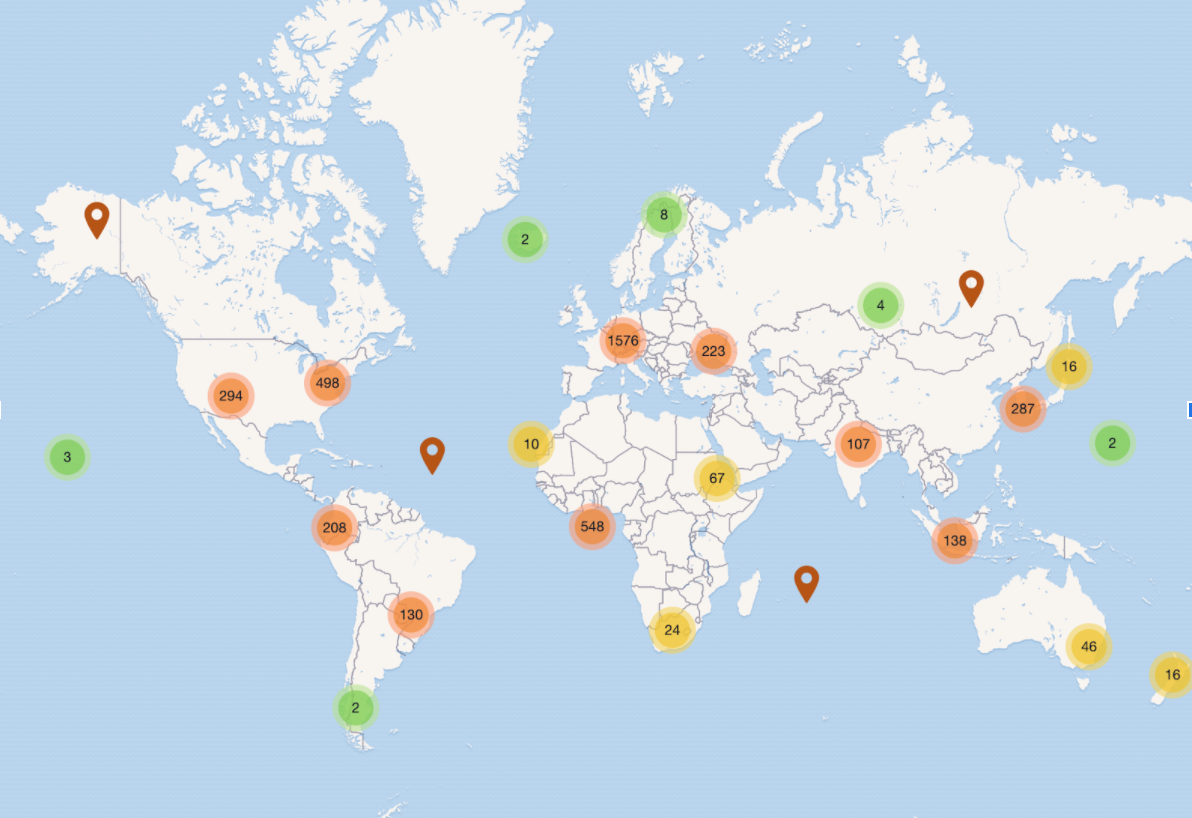Figure 1: SDG Classification in the CORE Dashboard
A Novel Tool for SDG Research Classification
We are pleased to announce the launch of the UN SDG Classification Module for the CORE Dashboard, a purpose-driven tool designed to streamline and automate the process of classifying academic research according to these goals. The United Nations Sustainable Development Goals (SDGs) are 17 global objectives adopted in 2015 to address key challenges such as poverty, inequality, and environmental sustainability. They aim to promote inclusive development, economic growth, and environmental protection, with the overarching goal of ensuring no one is left behind by 2030. Each goal includes specific targets to guide global action towards a more sustainable and equitable future.




